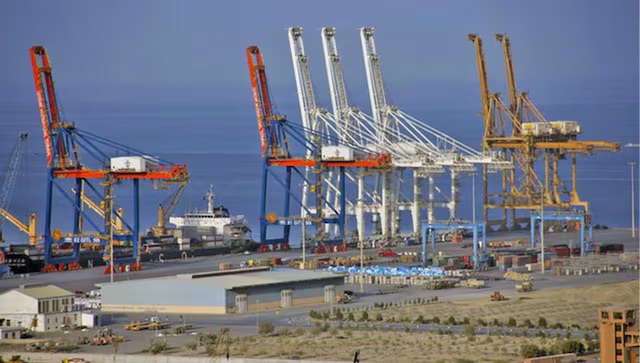China has rejected proposals for expanding the scope of the China-Pakistan Economic Corridor (CPEC) due to concerns over political instability and deteriorating security conditions in Pakistan. China was reluctant to endorse several proposals put forth by Pakistan, spanning various sectors including energy, water management, climate change, and tourism in regions such as Gilgit-Baltistan (G-B), Khyber-Pakhtunkhwa (K-P), and coastal areas, The Express Tribune reported. The report also suggested disparities between the initial draft shared with Beijing by Pakistan and the final minutes signed by both sides, with the latter version reflecting China’s stance. Islamabad made the proposals in the 11th meeting of the China-Pakistan Economic Corridor (CPEC) primary decision-making body. Although the meeting took place in in October 20222, its minutes were officially signed only in July, this year. China also turned down the request to construct a 500-kilovolt transmission line connecting the Gwadar port to the national electricity grid in Karachi. Instead, Beijing insisted Pakistan withdraw its objections to a planned 300-megawatt coal-fired power plant in Gwadar, advocating for the project’s original location with domestic coal utilization. Pakistan’s Ministry of Planning and Development in Pakistan sought to downplay the situation after the local media started reporting on China’s reluctance to expand the once much-touted project. The ministry claimed that both countries remained committed to expanding the CPEC into new areas, including water resources management, climate change, and tourism. Pakistan has been grappling with political turmoil since the removal of former Prime Minister Imran Khan’s government in April 2022, resulting in multiple instances of civil unrest. Besides the political instability, the country has also been reeling through an economic crisis, which has made the common man struggle even to put food on the table.
China was reluctant to endorse several proposals put forth by Pakistan, spanning various sectors including energy, water management, climate change, and tourism in regions such as Gilgit-Baltistan (G-B), Khyber-Pakhtunkhwa (K-P), and coastal areas
Advertisement
End of Article


)

)
)
)
)
)
)
)
)



